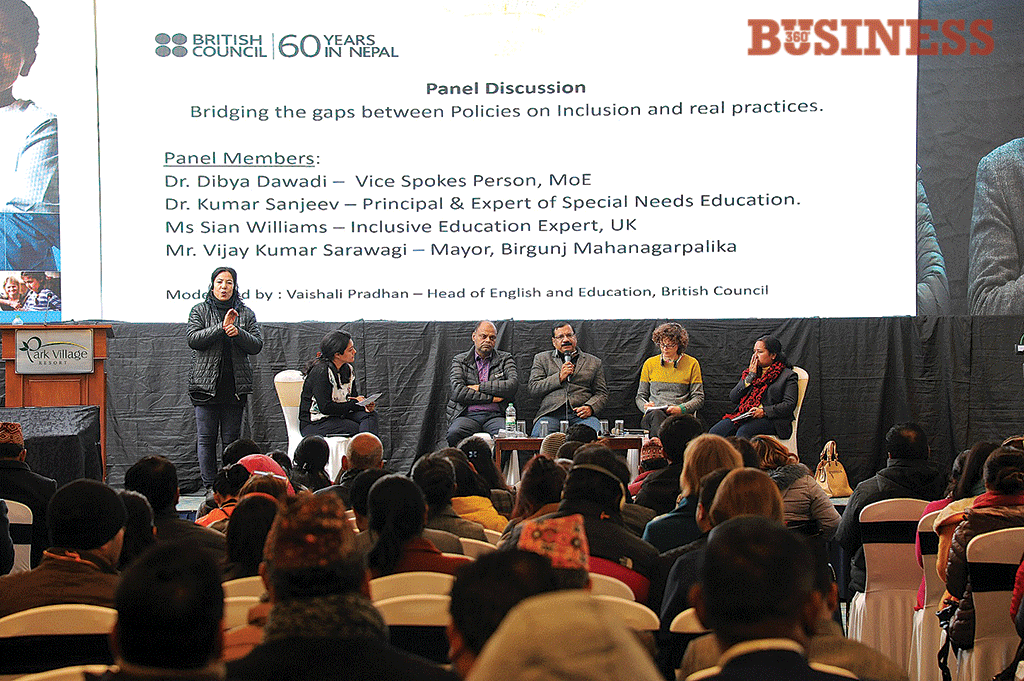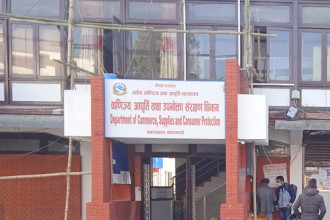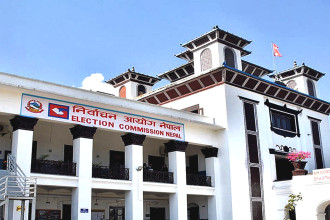
British Council Nepal hosted its 3rd Annual Education Symposium on January 28 on the theme of ‘Inclusive Education’. The event brought together policy makers, planners, administrators, head teachers, teachers, researchers, NGO and private sector and development partners to share different perspectives and discuss issues around Inclusion in Education in Nepal, South Asia and the UK.
The British Council believes that inclusion involves an integrated approach to policy, educational culture and classroom practice and that good practice is an ongoing process. Among the many issues that countries face around making their education systems inclusive, many say that access, engagement, empowerment and enablement are the key issues. The British Ambassador to Nepal, H.E. Nicola Pollitt shared, “Inclusive Education is one of the building blocks of inclusive society. To increase access to education and opportunities for marginalised communities is crucial for overall’s Nepal development. I encourage and support everyone to put inclusion to plan and execution in education.”
The event aimed to create a platform for British Council and other education stakeholders to present evidence from researches and projects related to Inclusion in Education, facilitate informed discussion about issues and challenges around creating and implementing inclusive education policies in Nepal and South Asia, and provide opportunities for networking, information sharing and constructive dialogues around inclusion in education.
Dr. Jovan Ilic, Country Director British Council Nepal, said “Equality, diversity and inclusion (EDI) are at the heart of what we do at the British Council and are directly linked to our values. We believe that the inclusion of children and young people into the regular education systems in Nepal is an entitlement and a fundamental human right regardless of their gender, ethnicity, and ability, language of choice, socio-economic background, health or medical condition. If this is to be successful and sustainable then it must be predicated on an approach that is achievable, empowering and based upon a thorough and sensitive understanding of the current context of Nepal, its community, school, individual and every other area within the education system. Successful inclusive practices will only be secured by change at all levels within the system.”





